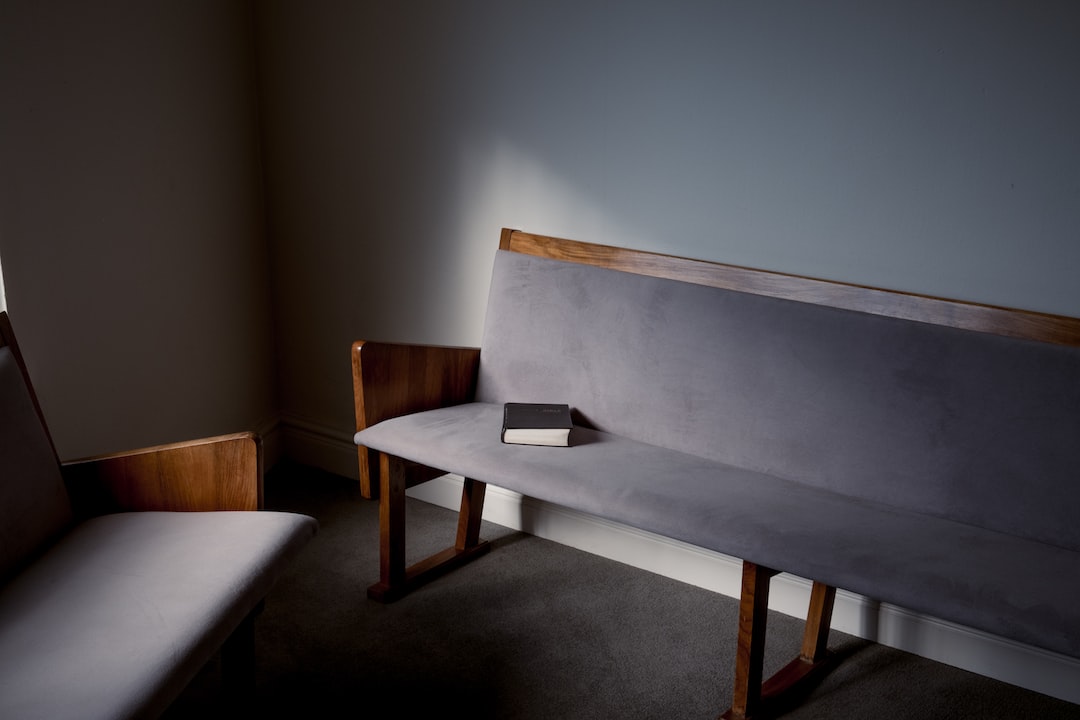Religion and Ethics: Finding the Moral Compass in a Modern World
In a rapidly changing and diverse world, the importance of religion and ethics in guiding our moral compass has become more significant than ever. Religion, often regarded as the spiritual or philosophical framework that individuals follow, helps us navigate through the complexities of life, offering a set of values and principles that can shape our decisions and actions. In a society where ethical dilemmas and moral challenges frequently arise, finding a solid moral compass becomes crucial to ensuring a harmonious and just world.
Religion provides a moral foundation that is deeply rooted in principles and teachings passed down through generations. It offers a framework where right and wrong are defined, giving individuals a clear sense of morality that can guide their behavior. Religions such as Christianity, Islam, Judaism, Buddhism, and Hinduism all provide moral guidelines, outlining what is considered ethical and what is not. These guidelines often revolve around concepts like honesty, compassion, respect for others, and the pursuit of justice.
One of the significant benefits of religion is its ability to unify communities and foster a sense of moral responsibility towards others. Religion often emphasizes the importance of caring for the vulnerable, showing kindness, and recognizing the intrinsic worth of every individual. These shared values create a sense of belonging and solidarity, allowing individuals to build strong and supportive communities. Through religious practices and rituals, individuals are encouraged to strengthen their moral compass and engage in acts of kindness and compassion, not only for their community but also for those beyond their immediate circle.
However, in a modern and increasingly secular world, some argue that ethics can exist independently of religion. They believe that morality can be derived from reason and empathy, without the need for religious guidance. While it is true that individuals can develop their ethical framework based on personal experiences and societal norms, religion provides a comprehensive and structured outlook on morality. It offers a sense of absolute truth and accountability that can guide individuals amidst moral ambiguity.
Moreover, religion often encourages introspection and self-reflection, leading individuals to question their own moral shortcomings and seek self-improvement. It prompts followers to reflect on their actions, evaluate their intentions, and rectify any moral transgressions they may have committed. By holding individuals accountable for their behavior, religion provides an opportunity for personal growth and moral development.
In a world where ethical dilemmas, social injustices, and moral ambiguity are prevalent, religion and ethics can help us navigate these challenges. They shed light on complex questions and offer guidance on how to act morally and justly. Whether it is addressing issues like poverty, discrimination, or environmental degradation, religion and ethics can provide a moral framework that encourages individuals to take action and strive towards positive change.
Finding a moral compass in a modern world is not an easy task. We are faced with conflicting ideologies, changing societal norms, and evolving moral standards. However, by drawing on the teachings and principles of various religions, as well as engaging in ethical discussions, we can find common ground and build a more empathetic and compassionate society.
Religion should not be seen as a divisive force that separates individuals based on their beliefs. Instead, it should be embraced as a collective effort to promote kindness, justice, and moral responsibility. In a world that often feels chaotic and fragmented, religion and ethics can serve as a unifying force that brings individuals together under a shared sense of morality.
In conclusion, religion and ethics play a crucial role in guiding our moral compass in a modern world. They offer a set of values and principles that help us navigate through the complexities of life, build strong communities, and strive for positive change. By recognizing the importance of religion and ethics in our lives, we can create a more harmonious and just society for all.
